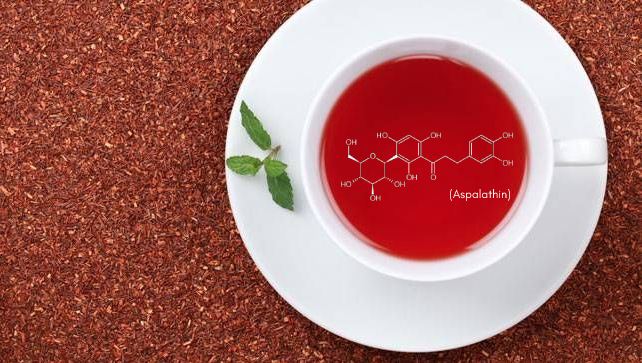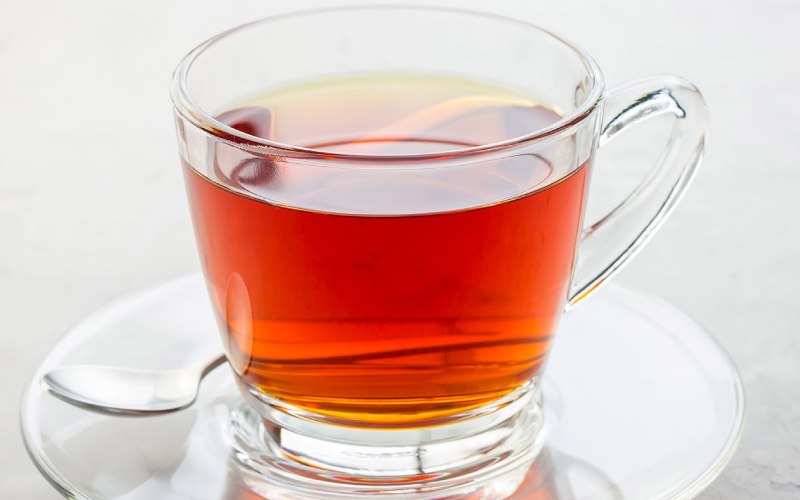The popular caffeine-free brew we know and love has been revealed as the next anti-ageing ‘superfood’ according to research published by French and Brazilian scientists writing in the journal Foods.
The paper looked at helpful plant compounds in rooibos, finding that these can slow some of the adverse changes in the body linked to ageing.
Although a natural process, ageing can be faster in some people due to free radical damage of body cells, inefficient cell repair, degeneration of brain cells and glycation – where body proteins become saturated with sugars. These are then made worse by lifestyle factors, such as smoking, excess weight gain and unhealthy diets.

Flavonoids and alkaloid compounds, naturally found in rooibos as well as herbs and other plant-based foods, have “remarkable therapeutic properties”, according to the authors of the paper.
Dr Carrie Ruxton, from the Tea Advisory Panel, said: “This study builds on research showing that rooibos contains powerful plant compounds that offer benefits to our health.”
“Rooibos tea is much loved across Europe due to the fact it is caffeine-free and tastes naturally sweet and aromatic. Now it’s clear that that South Africa’s national brew offers a fascinating array of potential health benefits thanks to its rich polyphenol content.”
The most promising findings relate to cardiovascular health, with evidence that drinking rooibos tea daily for six weeks reduces ‘bad’ LDL cholesterol, boosts ‘good’ HDL cholesterol and protects body cells from oxidative damage.
“The best way to release the full complement of flavonoids in rooibos tea is to brew the leaves for around 10 minutes. Studies suggest that drinking 4-6 cups daily delivers the optimal concentration of polyphenols for health”.
A previous TAP review on Rooibos Tea and Health, published in Nutrition and Food Technology Journal, found that regular consumption of rooibos tea was linked to: heart health, cholesterol reduction, immune balance, blood glucose control, good bone health, greater cognitive function and anti-inflammatory effects.
The review was authored by tea chemist, Dr Tim Bond, and public health nutritionist, Dr Emma Derbyshire, and combined the results from seven human intervention trials and 39 laboratory studies on rooibos tea.

Dr Bond said: “The human trials on rooibos revealed strong antioxidant potential, as well as evidence for cholesterol reduction and anti-allergy effects. However, the laboratory trials were the most exciting, revealing wide ranging effects including blood glucose control, bone health, cognitive function, sperm viability, immune balance, and anti-inflammatory effects. The results of our study show that the benefits of rooibos are far more wide-ranging than we realised from the small number of human trials. We now need to develop this work by confirming the laboratory findings in humans.”
Bond concluded: “The most promising findings relate to cardiovascular health, with evidence that drinking rooibos tea daily for six weeks reduces ‘bad’ LDL cholesterol, boosts ‘good’ HDL cholesterol and protects body cells from oxidative damage. The explanation for these effects is that rooibos tea contains two unique polyphenols, aspalathin and nothofagin, which have a particularly strong anti-oxidative activity.”
(this article was first published in Nutraceutical Business Review)
For more info on rooibos and health, see these articles on our site:

